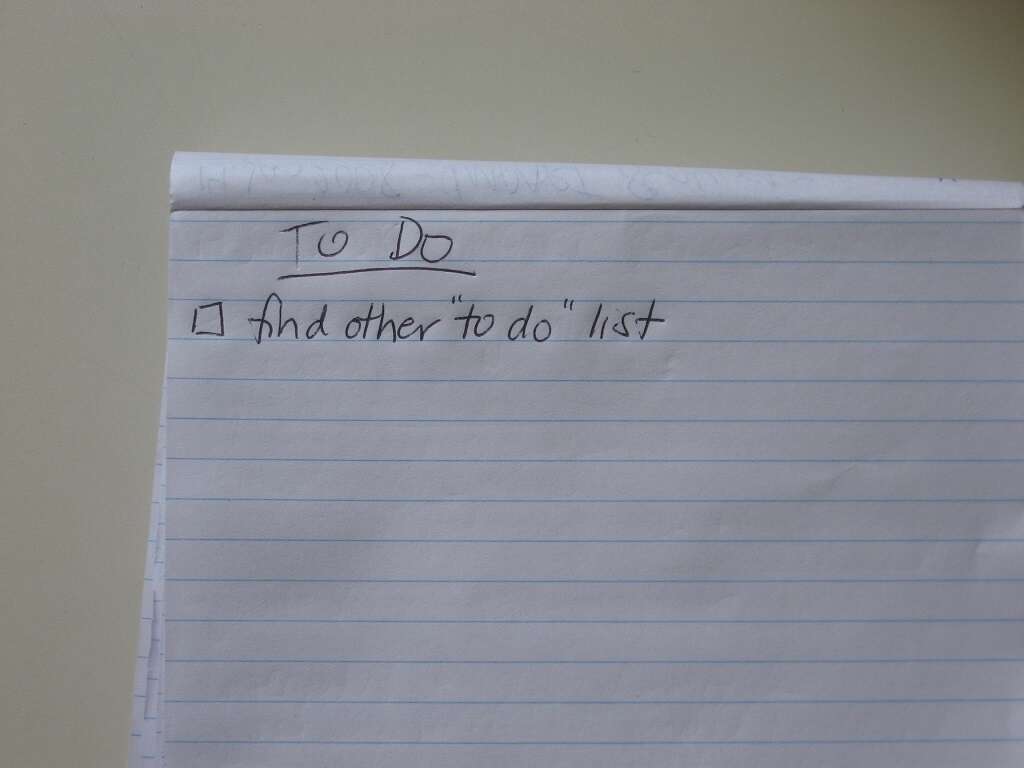10 Attention Deficit Disorder Symptoms
Attention deficit disorder, also referred to as ADD, is a condition that’s often attributed to younger children. However, the condition can affect people of any age. The most common characteristics of ADD involve problems with focus and concentration. People with ADD often have a hard time in school because they are unable to focus on the material at hand. They become bored quickly and are often interested in switching to a new task.
People with ADD may also have a hard time following conversation because their attention will be jumping all over the place. This can make it difficult for them to maintain personal relationships and to educate themselves. Fortunately, ADD is not a sign of a lack of intelligence. In fact, people with ADD are often highly intelligent folk who are simply bored by the curriculum of normal school. People with ADD tend to find pursuits that they are truly passionate about and can be quite successful in the world.
There are a number of symptoms attributed to people who suffer from ADD. If you are wondering whether you or one of your children is suffering from ADD, then you might want to check out this list of symptoms so you can decide whether or not you need to seek treatment. Remember, medication is not the only way to help a child with ADHD. Consider alternate methods of education and helping them find a hobby or pursuit that they truly enjoy before putting them on pharmaceutical medication.

Symptom #1: Trouble Focusing
The most common symptom associated with people suffering from ADD is trouble focusing. This is often easy to observe in a school setting, because patients with ADD have a hard time focusing on their school work.
Instead of focusing on their schoolwork they may find themselves daydreaming while staring out the window, doodling, or thinking about other things than the task at hand. This can make it difficult for them to get good grades in school but does not indicate that they have any issues with their intelligence.

Symptom #2: Trouble Following Conversation
Another issue with people suffering from ADD is that they have a hard time following conversation. This doesn’t mean that they are genuinely disinterested in the conversation but suggests that their attention span doesn’t allow them to follow a single topic for a long time.
People with ADD often jump to conclusions in conversations or eschew the topic at hand to point out something happening nearby that captures their attention. This can make it hard for them to communicate and form strong relationships with others.

Symptom #3: Motivation Problems
Because of their inability to focus on a single task, people with ADD may be apprehensive to approach new tasks.
This is because they are often aware of their inability to focus on things for extended periods of time, and this knowledge can dampen their motivation.

Symptom #4: Misplacing Things
Another thing that people with ADD often do is misplace things. This can be because they simply switch their attention to a new task after putting an object down, or because their mind is elsewhere when they are setting things down and they are unable to recall where they put it.
One of the best ways to work around this is to have a special location or a drawer to put important objects. This way they can train their ability to focus by remembering to put things in this box or drawer and also work to prevent misplacing things in general.

Symptom #5: Disorganization
In addition to frequently misplacing things, people with ADD are prone to being disorganized. Their work spaces are usually a mess, and they often have a hard time keeping their belongings maintained in a structured environment.
The act of organizing stuff requires a great deal of focus and attention, and often people with ADD don’t have the time or energy to focus on something so seemingly trivial as organizing their workspace.

Symptom #6: Memory Problems
People with ADD often have memory problems, sometimes as a result of their inability to focus on things that they are learning and also because they often have a hard time dedicating their energy to recalling memories.
This can make it hard for them to do well on things like tests and exams, and can also lead to them having to relearn things.

Symptom #7: Avoiding Difficult Tasks
Kids with ADD may seem timid because they are prone to avoiding difficult tasks. However, one can’t really blame them when you recognize that any task that’s difficult for an average child will be far more difficult for someone with ADD.
Since people with ADD have a hard time following instruction, it can be overwhelming for them to comprehend all of the instructions involved in completing something complex.

Symptom #8: Careless Mistakes
People with ADD may seem klutzy but the reality is that they are prone to make mistakes because they have a hard time focusing on their immediate surroundings.
Mistakes are usually simple things like dropping something, misplacing an item, or bumping into something that they didn’t notice.

Symptom #9: Creativity
Creativity is one of the more positive symptoms associated with ADD. Daydreaming is often associated with a negative connotation, especially in the context of school.
However, the reality is that people who daydream are often very imaginative and creative. These folks often make great artists and clever entrepreneurs.

Symptom #10: Difficulty Listening
Just like kids with ADD often have a hard time following instructions, they often have a hard time listening to things in general. The most obvious thing that ADD patients have a hard time listening to are their teachers, but they also have a hard time focusing on things like music and instructions.
This can make it hard for them to become well-versed in topics.












